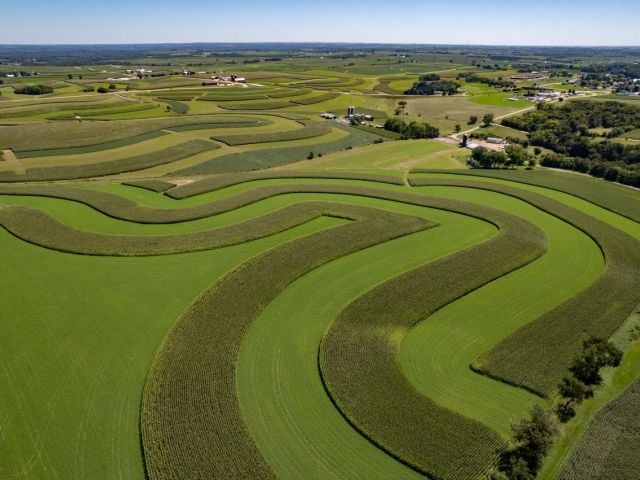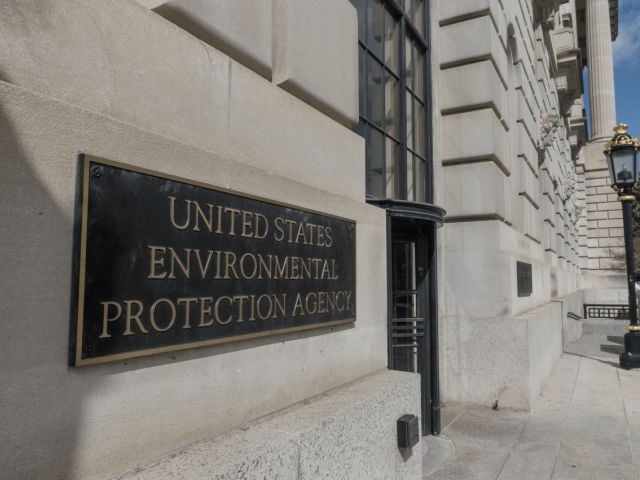
When Congress provided almost $20 billion in Department of Agriculture funding for climate-smart farming practices, it included legislative “guardrails” to ensure the money goes to practices that actually reduce greenhouse gas emissions and build soil carbon.
Recent events show these guardrails are more important than Congress could have ever imagined.
Farmer demand for climate-smart funding, including assistance for cover crops, has greatly exceeded anyone’s expectations, and backlogs of farmers seeking assistance keep growing.
But, under pressure from some legislators, the USDA is giving some climate-smart funds to projects that may or may not reduce greenhouse gas emissions, including irrigation projects.
If Congress were to remove the legislative guardrails around the $20 billon funding – included in the Inflation Reduction Act, or IRA – the USDA would inevitably revert to past practice when just one-fifth of its conservation funding flowed to practices that reduced greenhouse gas emissions. This would send conservation funds to farmers for things like irrigation practices that likely do not benefit the climate, regardless of this or a future administration’s views on the climate crisis.
Retaining the IRA funding guardrails is critical to the USDA’s evolution, from an agency that funds hundreds of different conservation practices and hopes for the best, to an agency that makes combatting the climate crisis a priority.
Reducing greenhouse gas emissions from farming is not just critical to helping avoid a climate catastrophe; it’s also critical to avoiding a political catastrophe for our farmers. Unless farmers reduce the industry’s greenhouse gas emissions, agriculture could soon become the top source of all U.S. greenhouse gas emissions at more than 30 percent.
When driving, guardrails help us from falling off a cliff. For the USDA, the IRA guardrails will help avoid a different kind of catastrophe.



